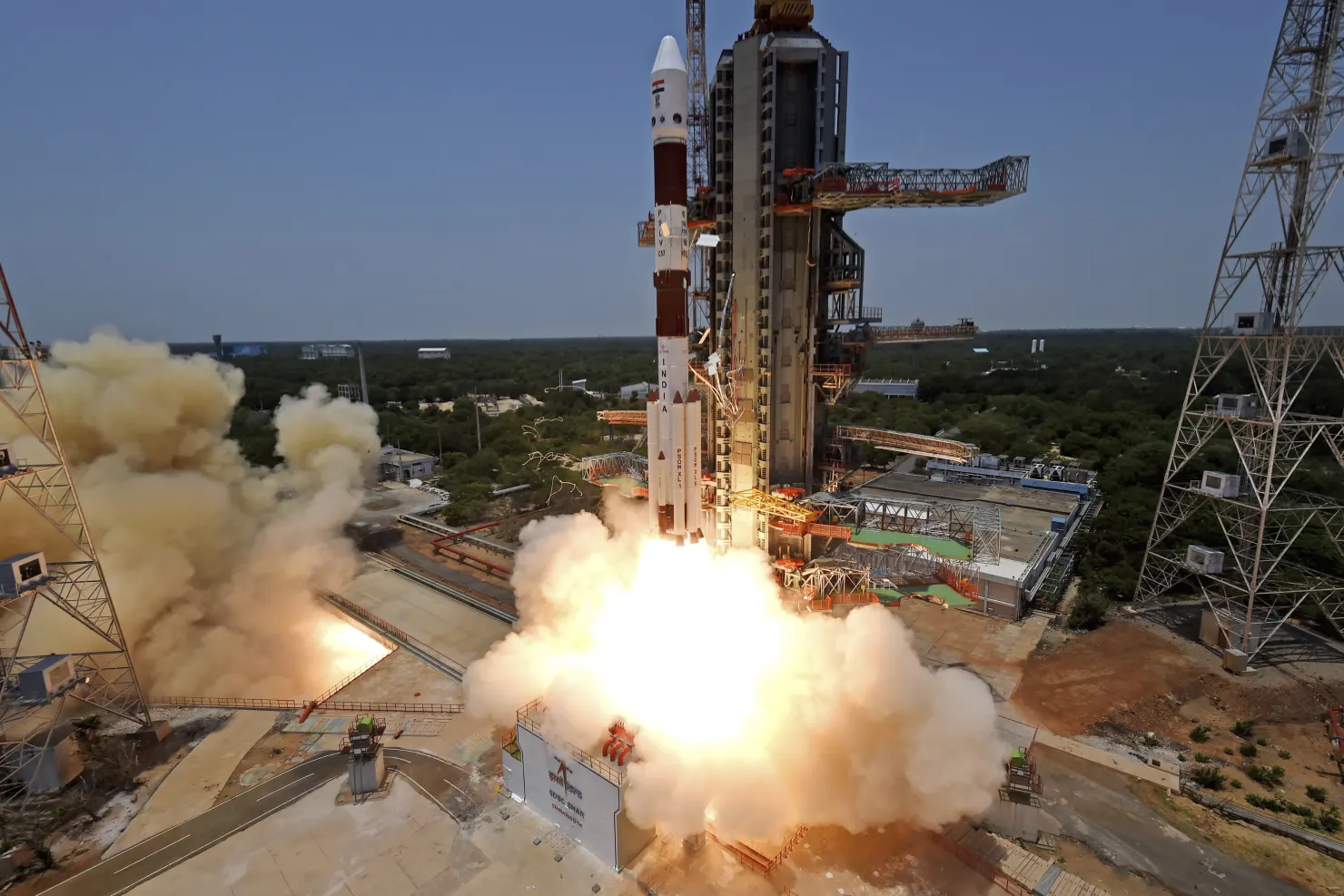The Aditya-L1 rocket, a ‘sun probe’ named after the Hindi word for the sun, launched on Saturday.
Nearly 500,000 people viewed the live broadcast of the launch on the Indian Space Research Organisation (ISRO) website.
Thousands more people gathered at a viewing gallery near the launch site.
The sun probe aims to study solar winds which can be seen as auroras on Earth.
The Aditya-L1 is designed to travel roughly 1.5 million kilometres over four months, to an area equivalent to a carpark in space, where objects typically stay put due to balancing gravitational forces – this reduces fuel consumption for the spacecraft.
Somak Raychaudhury, who was involved in some parts of the project, said that this mission has the capacity to make a “big bang in terms of science.”
“There have been episodes when major communications have gone down because a satellite has been hit by a big corona emission. Satellites in low earth orbit are the main focus of global private players, which makes the Aditya L1 mission a very important project,” Raychaudhury said.
Scientists want to learn more regarding the effects that solar radiation has on the thousands of satellites in orbit – the number of which has been growing since ventures like Musk’s Space X ‘Starlink communications’ network.
“The low earth orbit has been heavily polluted due to private participation, so understanding how to safeguard satellites there will have special importance in today’s space environment,” said Indian Institute of Space Science and Technology’s head of earth and space sciences, Rama Rao Nidamanuri.
ISRO scientists say that the data gathered from Aditya-L1’s expedition could help to improve knowledge and understanding of the sun’s impact on Earth’s climate patterns as well as the origins of solar winds.






